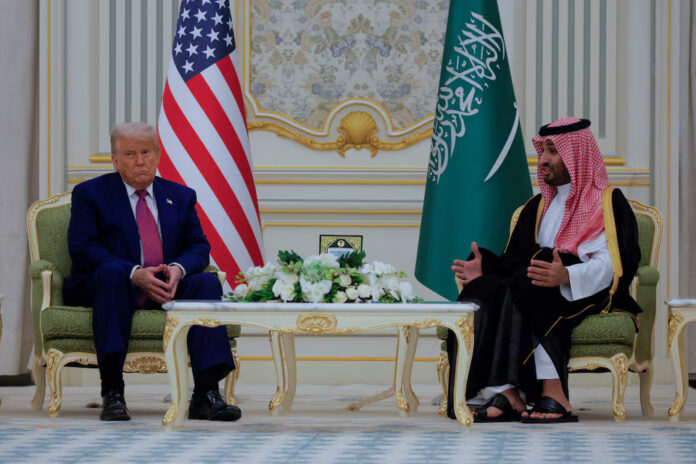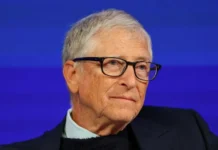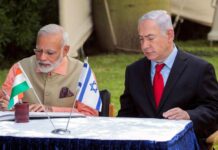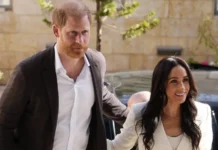
Riyadh pushes for defence pact as Trump hopes for Saudi-Israel normalisation breakthrough
Saudi Arabia has reaffirmed that any move to normalise relations with Israel must be tied to a credible roadmap for Palestinian statehood, signalling little prospect of a breakthrough when Crown Prince Mohammed bin Salman meets U.S. President Donald Trump in Washington on November 18.
Despite Trump’s optimism that Riyadh could soon join the Abraham Accords, the 2020 agreements under which the United Arab Emirates, Bahrain and Morocco established ties with Israel, Saudi officials have conveyed through diplomatic channels that their position remains unchanged, according to two Gulf sources quoted by Reuters.
“The Crown Prince is not likely to entertain any formalising of ties without at least a credible pathway to a Palestinian state,” said Jonathan Panikoff, a former U.S. intelligence officer now at the Atlantic Council.
Riyadh is determined to align its stance with Washington ahead of the White House talks to avoid diplomatic confusion, the sources added.
Trump has repeatedly hailed the Abraham Accords as a cornerstone of his Middle East policy, saying on November 5 that “a lot of people” were preparing to join the initiative and expressing hope that Saudi Arabia would do so “very soon.”
But unlike its Gulf neighbours, Riyadh insists that recognition of Israel must be part of a broader peace framework addressing Palestinian aspirations for statehood, an issue the earlier accords largely sidestepped.
The Saudi leadership’s caution reflects both domestic sensitivities and regional realities. Public mistrust of Israel remains deep, particularly following the devastating Gaza war that erupted after the Hamas-led attack on Israel on October 7, 2023.
Saudi officials, including Foreign Ministry spokesperson Manal Radwan, have reiterated that any path to peace must include an Israeli withdrawal from Gaza, the deployment of an international protection force, and the reinstatement of the Palestinian Authority.
With Israeli Prime Minister Benjamin Netanyahu opposing Palestinian sovereignty, Saudi officials say there is little room for progress on normalisation, despite U.S. pressure. Instead, the Crown Prince is expected to focus his Washington visit on defence and economic cooperation.
The meeting is likely to conclude with a scaled-down defence agreement defining U.S. military protection for the kingdom and strengthening America’s presence in the Gulf.
The pact, modelled on a similar arrangement with Qatar, expands defence and technology cooperation but falls short of the full, Congress-ratified treaty Riyadh once sought.
“It’s not the treaty they want, but it’s a stepping stone,” said David Makovsky of the Washington Institute. The agreement could eventually evolve into a full treaty if progress is made on normalisation with Israel, sources said.
Analysts note that the regional environment has shifted since the Gaza conflict, with Iran, long viewed as Saudi Arabia’s main threat, weakened by Israeli strikes on its military and nuclear infrastructure.
As a result, Riyadh’s urgency for a NATO-style defence pact has eased.
“The Saudi position is clear,” said Abdulaziz Sager, head of the Gulf Research Center. “Meeting the Kingdom’s national security demands will help shape its broader stance on regional issues, including the resolution of the Palestinian-Israeli conflict.”
For now, Riyadh appears intent on securing its strategic interests with Washington while keeping the door open, but not yet unlocked, for future normalisation with Israel.
Source: Reuters
Written By Rodney Mbua


















